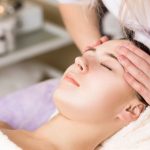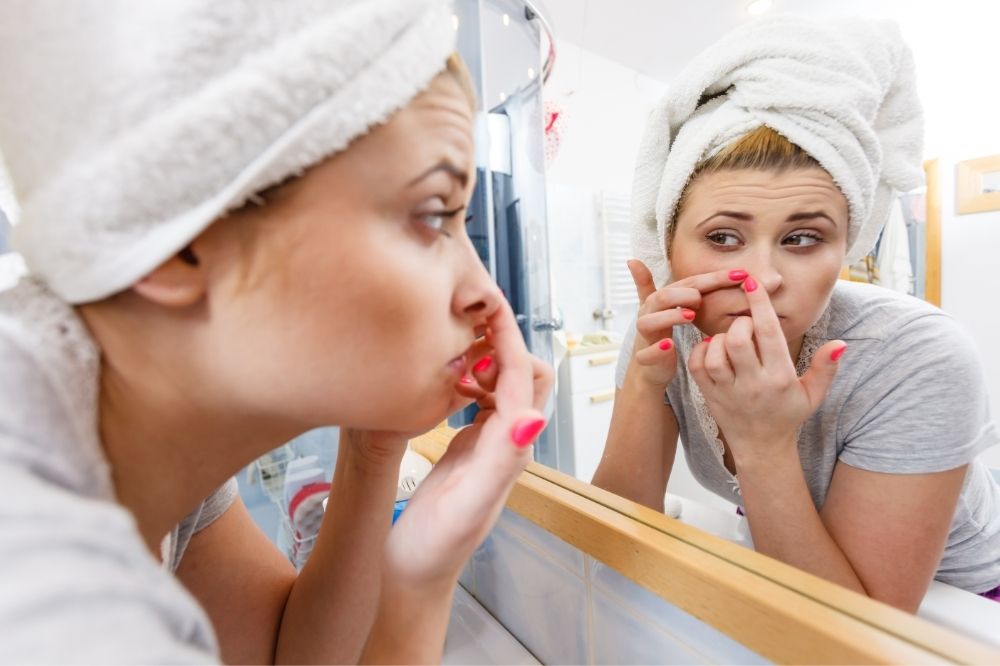What is Acne (Pimple)?
Acne; It is a skin disease associated with sebaceous glands on the face, neck, shoulders, back and chest.
It is one of the most common skin diseases.
Although it is seen in 85% of young people during adolescence, it can also affect people in their 30s and even 40s.
Untreated acne can leave permanent scars.
In addition, acne in physically visible places can negatively affect the psychology of the people and significantly reduce their social self-confidence.
Therefore, it should be treated appropriately by a dermatologist.
How Does Acne (Pimple) Occur?
The increased oil secretion (sebum) in the skin combines with the dead cells of the skin to form black and white plugs that we call comedones.
In addition, environmental factors such as creams applied to the skin, make-up and air pollution can cause clogging of the pores of the skin.
When bacteria settle in the sebum and comedones in these clogged pores and initiate a chemical reaction, the inflammation process begins and puffy pimples form from the inflamed red skin.
What are the Causes of Acne (Pimple) Formation?
- Genetic predisposition
- Hormonal irregularities
- Stressful life
- Clogging of pores with the use of unsuitable creams and make-up products
- Excess oil production of the skin
• Some drugs
• Other reasons (air pollution, smoking, etc.)
How is Acne (Pimple) Treated?
Acne is a skin disease that needs to be treated.
For acne treatment, first of all, the patient should be examined by a dermatologist and a detailed clinical history should be taken to investigate the causes.
The most appropriate treatment option is determined by considering the severity of acne (mild, moderate, severe) and the health status of the patient.
Response to treatment takes an average of 2-4 months.
For this reason, it is important for the person to comply with the treatment and the continuity of the treatment.
The treatment options applied are:
- Topical (cream) treatments
• Oral drug treatments
• Laser therapy - Chemical peeling
- Medical skin care
In addition, acne treatment is supported by healthy nutrition, plentiful water consumption and, cleansing and moisturizing creams selected according to the skin type
Does Acne Have a Relationship with Foods?
As a result of scientific studies, a definite relationship between acne and food has not been found.
However, according to some recent studies, it has been determined that foods with a high glycemic index (the rate of raising blood sugar and related insulin levels) trigger acne formation. Some patients state that acne is triggered after foods such as seeds, potato chips, cola, and fried foods.
Although there is no definite relationship between acne formation and food, it is recommended to adopt healthy eating habits and consume plenty of water to support acne treatment.
Is It OK To Squeeze Acne?
Squeezing the acne is not recommended as it may cause the existing inflammation to spread and increase the risk of scarring.
Only some types of acne can be drained under the supervision of a doctor.
How to Treat Acne (Pimple) Scars?
Severe acnes may heal by leaving scars.
Acne scars can be treated with peeling creams, chemical peeling, dermapen, golden needle fractional radiofrequency and laser applications.




